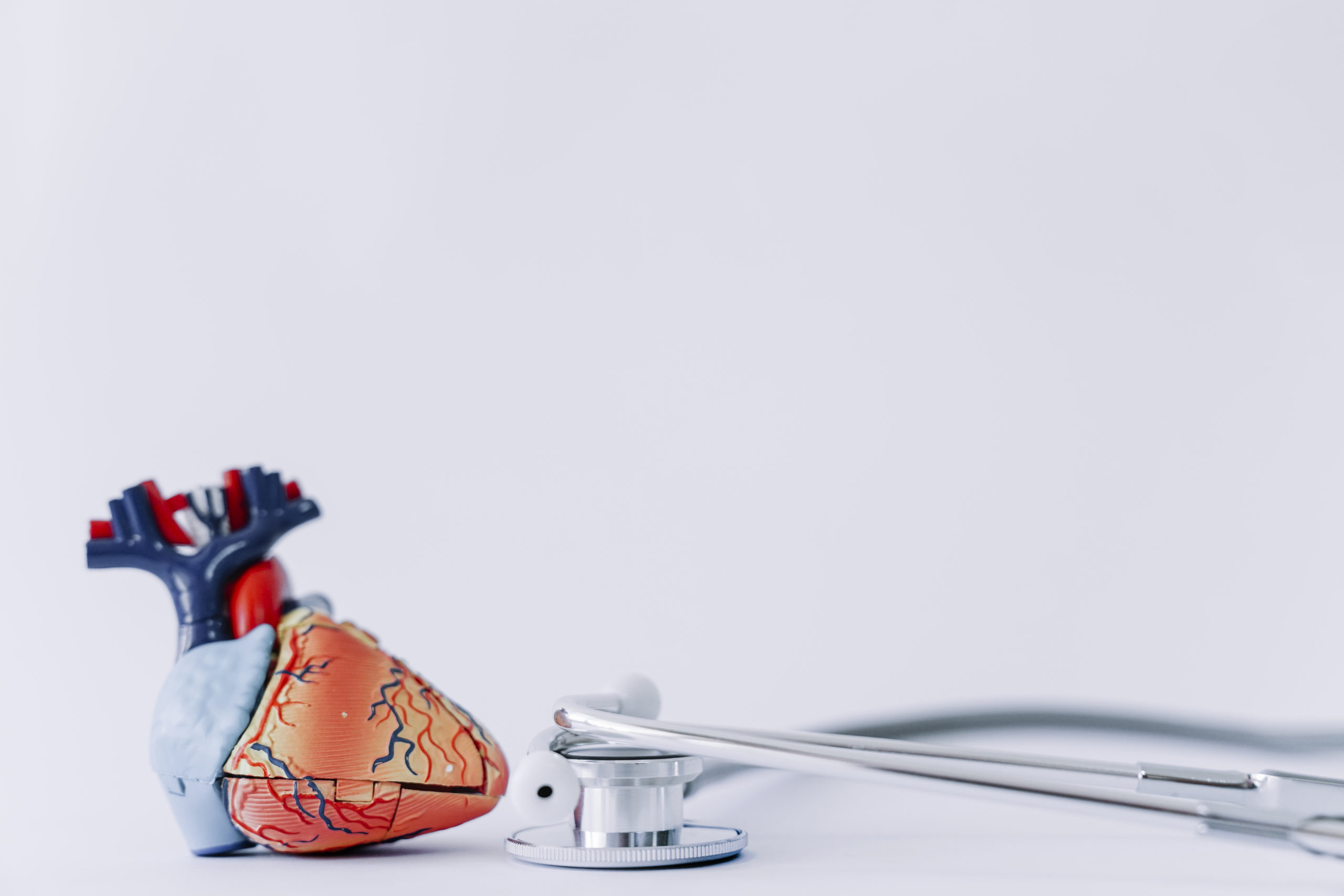The field of medicine is undergoing a profound transformation as personalized medicine takes center stage. Cardiovascular surgery, a cornerstone of healthcare, is no exception. In this article, we’ll explore how personalized medicine is shaping the design and use of cardiovascular surgical instruments, ushering in an era of tailored solutions and improved patient outcomes.
1. Customized Instruments for Unique Patients
Personalized medicine recognizes that every patient is unique. Cardiovascular surgical instruments are now being customized to match the specific needs of individual patients. This tailoring includes instrument size, shape, and functionality, ensuring that each tool is perfectly suited for the patient’s anatomy and the intricacies of their surgery.
2. Precision Instruments for Complex Procedures
Complex cardiovascular surgeries demand a high degree of precision. Personalized instruments are engineered to enhance this precision, allowing surgeons to navigate delicate anatomical structures with confidence. These instruments provide the exact tactile feedback and control needed for intricate procedures.
3. Improved Outcomes through Data-Driven Design
The era of personalized medicine is marked by data-driven decision-making. Patient data, such as medical history and imaging, is used to inform the design of surgical instruments. This approach ensures that instruments align with the patient’s unique conditions, reducing the risk of complications and improving surgical outcomes.
4. Empowering Surgeons with Personalization
Surgeons are at the forefront of personalized medicine. They play a pivotal role in tailoring instruments to suit each patient’s needs. This collaboration between surgeons and instrument designers fosters a deeper understanding of the surgical challenges and patient-specific requirements, ultimately resulting in more effective instruments.
5. Targeted Therapies and Instrumentation
Personalized medicine extends beyond instruments; it includes tailored treatment approaches. Instruments are designed to work seamlessly with personalized treatment strategies. For example, if a patient’s treatment plan involves drug-eluting stents, the instruments used for stent placement are customized to ensure optimal results.
6. Enhanced Safety through Personalization
Safety is paramount in cardiovascular surgery. Personalized instruments include safety features that are specific to the patient’s condition. These features may prevent accidental tissue damage or assist in the placement of devices like pacemakers or artificial valves, further enhancing patient safety.
Conclusion: The Future of Cardiovascular Surgery
As personalized medicine continues to gain momentum, cardiovascular surgery is undergoing a profound transformation. Personalized surgical instruments are no longer a concept of the future; they are a reality that is improving patient outcomes today.
At MedivationBio, we understand the importance of personalized medicine and its impact on cardiovascular surgical instruments. We are committed to providing healthcare professionals with instruments that align with the principles of personalized medicine, ensuring that each patient receives the tailored care they deserve.
The age of personalized medicine has ushered in a new era of precision, safety, and effectiveness in cardiovascular surgery. It’s a future where surgical instruments are as unique as the patients they serve, and where healthcare is truly patient-centric, with instruments designed to fit the individual, not the other way around.

